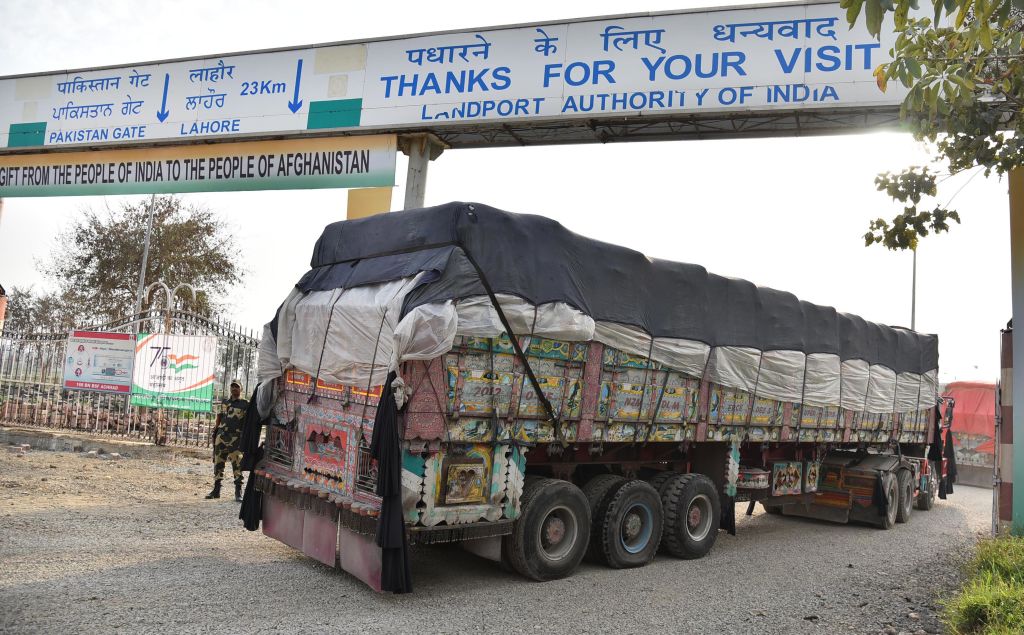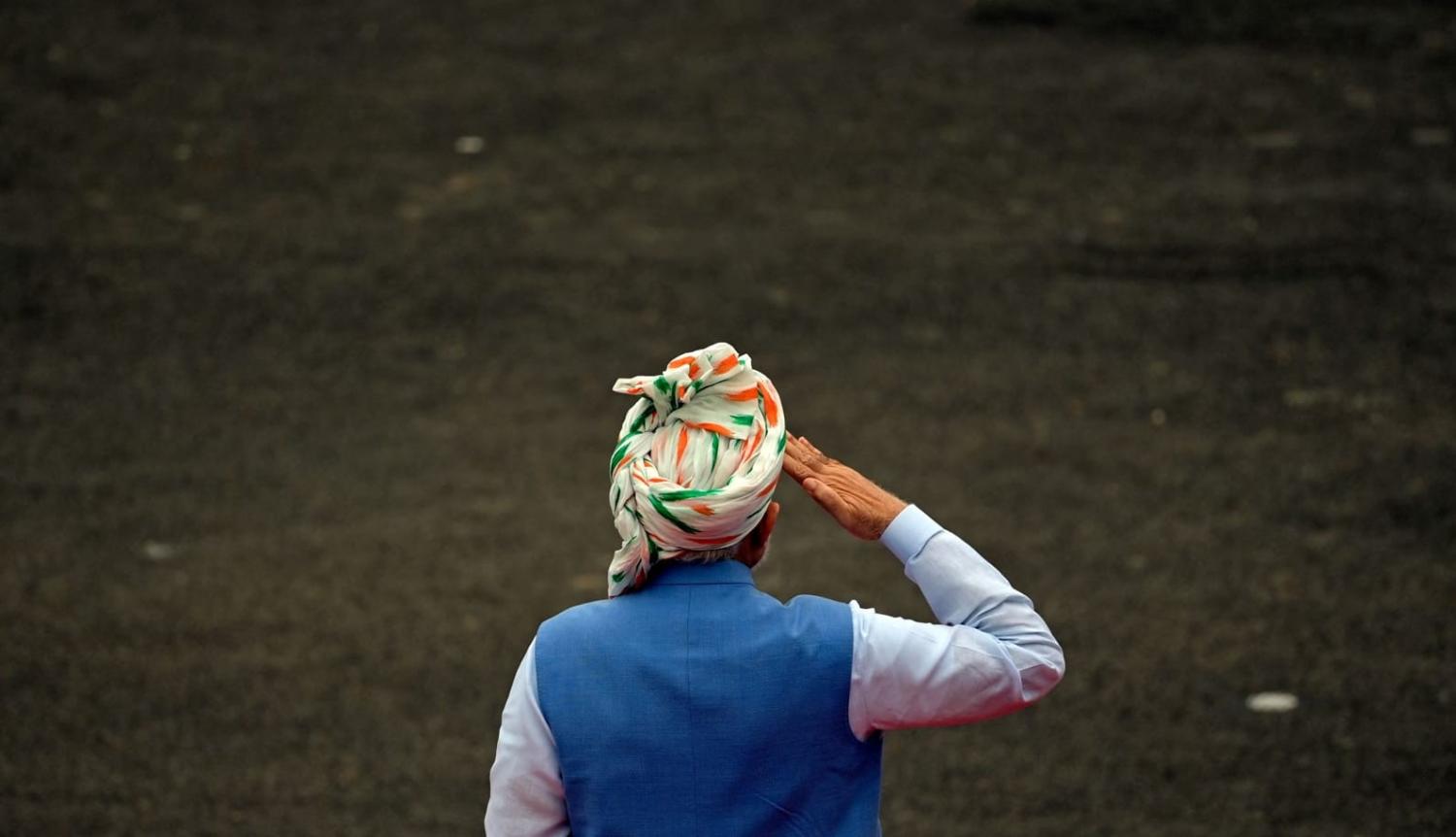Today, in Western capitals, questions around Afghanistan largely revolve around humanitarian aid, women’s rights, education, and pushing the Taliban to maintain a level of the “Republic” that the insurgency dislodged in August 2021. This shift in stance is not surprising, considering the botched US exit and the war’s unpopularity within the American electorate and that of its allies.
Not so India. Geography matters, and the power vacuum in nearby Afghanistan was quickly filled with the now more solidified cooperative triangle between Russia, China and Iran. Each share a common aim of disallowing any long-term Western presence in this part of the world. All three have accepted the current status-quo, to the point that the Afghan embassies in Tehran, Beijing and Moscow are now run by representatives of the Taliban.
For India, the situation in Kabul brings its security partnership with Moscow into play, despite the anxiety in India-Russia ties caused by the invasion of Ukraine as well as Moscow’s deeper alignment with Beijing. But India has other security considerations in mind with regard to Afghanistan, this needs to be seen through the lens of India’s competition with Pakistan. While India’s post-2021 strategy on Afghanistan remains reactionary, a failing Pakistani economy and a rapidly increasing threat by the Tehrik-e-Taliban Pakistan (TTP), which operates from areas under control of the Afghan Taliban with an aim to replace the current government in Islamabad, has highlighted an opportunity for New Delhi to try and keep Pakistan anchored in domestic turmoil with an extended aim to limit its capacities for adventurism beyond its borders, specifically in Kashmir.
Islamabad had expected a Taliban-led Kabul would be largely subservient to its interests and keep New Delhi out. However India opened a “technical office” in Afghanistan in June 2022 and delivered a consignment of wheat for the World Food Program, which as welcomed by the Taliban in Jalalabad with Indian and Taliban flags flying together. Pakistan, meanwhile, has struggled with a series of terrorism attacks from across the border that its engagement with the Taliban has failed to quell.

Russia provides India with a further conduit to the Taliban. This was made evident by Indian National Security Adviser Ajit Doval’s visit to Moscow in February where he also met President Vladimir Putin. An NSA meeting the Russian leader is not normal protocol, particularly in the current political climate. Yet Russia is arguably the most vocal proponent for the Taliban in the international arena, much more than China and Iran. Further engagements, such as Indian officials meeting the Taliban interim-government, specifically the parts run by the Haqqani Network, the group blamed for the attack on India’s embassy in Kabul in 2008, also purportedly had been facilitated by Russian assistance.
Most of the regional forums where Afghanistan remains a core concern are orchestrated under the Russian umbrella. These include the Moscow Format Consultations, the Tunxi Initiative of the Neighbouring Countries of Afghanistan, the Tashkent International Conference, among other smaller regional initiatives. Pakistan, as well, is part of most of these. Russia’s Special Representative for Afghanistan, Zamir Kabulov, has repeatedly praised the Taliban’s intent in fighting against the local chapter of the so-called Islamic State, known as the Islamic State – Khorasan Province (IS-K). Kabulov has recently called out “Anglo-Saxons” for funding terror groups in Afghanistan, fanning instability in Central Asia and more directly has even claimed (without providing proof) that the US was in fact secretly sponsoring IS-K.
This is an area where India and Russia diverge. While New Delhi has held talks with the new Taliban regime, it has not given any oxygen to claims that the group stands for stability in the region. India, as one of the primary supporters of Afghanistan’s movement towards democratic norms over the past two decades, is balancing a fine line between stymieing Pakistani interests and standing up for the interests of the country’s people.
But that fine line extends to wider geopolitical challenges. While India fends off criticism for its close relations with Russia, the question of Afghanistan is a further consideration for policymakers in New Delhi. A lack of US presence in the region, a rolling narrative of Washington being a power in recession in places such as the Middle East, and a heavy pivot towards the Indo-Pacific, has left behind certain theatres that remain unresolved. In April 2021, four months before the fall of Kabul, US President Joe Biden said that other countries in the region, such as India and Russia (among others), should do more on Afghanistan. New Delhi and Moscow are now precisely doing that.

